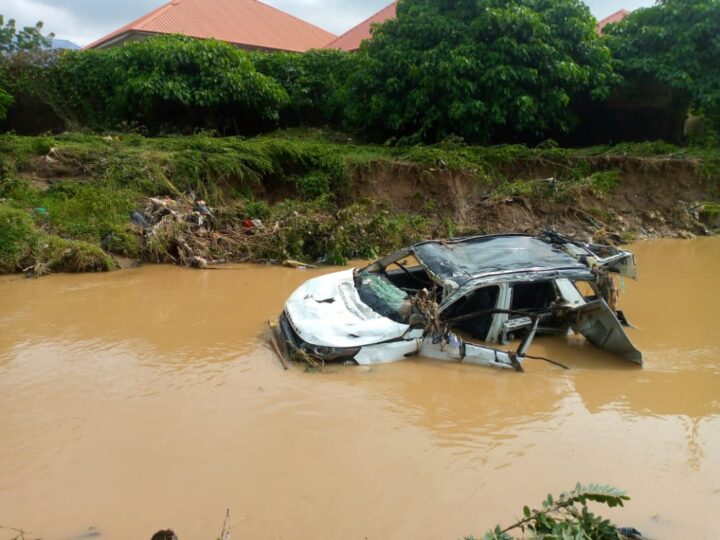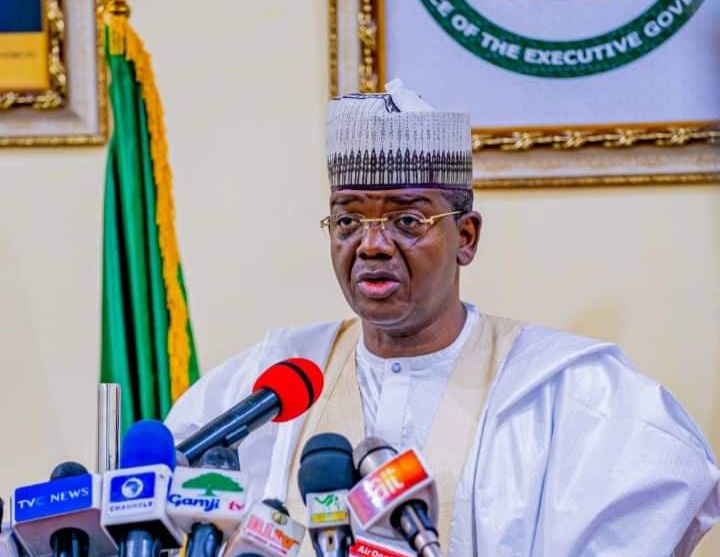Umar Farouq, minister of humanitarian affairs, says the government is working to ensure a cleaner and greener environment for Nigeria’s future generation.
In a statement by Nneka Anibeze, the minister’s special adviser on media, Farouq said this on Thursday during the global launch of the 2022 humanitarian overview by the UN Office for the Coordination of Humanitarian Affairs (OCHA).
Farouq said the Nigerian government is enhancing its disaster preparedness, and strengthening its infrastructure to tackle climate change.
She said the fight against climate change requires coordinated action locally and globally, adding that the lack of global responsibility is the “main challenge”.
Advertisement
“Our focus towards reversing climate change requires vision, fortitude and coordinated action. This is a collective vision and must be deployed through engagement with international, regional and state actors,” she said.
“I believe, we as a government play a critical role in making sure that we provide the leadership required to achieve the vision, to ensure a stronger, greener and cleaner Nigeria for generations to come.
“Climate and health related disasters require both short and long term thinking and action, local and global perspectives and the ability of government to work with critical stakeholders to adapt strategies that aid citizens to safely navigate their changing environment.
Advertisement
“This is in addition to a national climate change policy and programme of action, a national gender climate change action plan, the national climate change youth innovation platform and the national flood emergency preparedness and response plan.”
She also said investing in disaster prevention, preparedness and mitigation mechanisms is crucial to reducing the effects of climate change and in building resilience of communities.
According to the minister, recent government policies and plans have been focused on building resilience needed for Nigerians to adapt to climate change.
“These government policies, action plans and programmes address the nexus between climate change, gender and security, migration and humanitarian issues,” she said.
Advertisement
“We are focused on building the resilience needed to help Nigerians, especially persons of concern, survive the challenges of climate change, now and in the future.
“Key to our efforts is to recognise and resolve how climate disproportionately affects the vulnerable, especially women, and why it is necessary to mobilise and amplify youth voices as we work towards developing market-driven solutions to combat climate change.”
Add a comment






